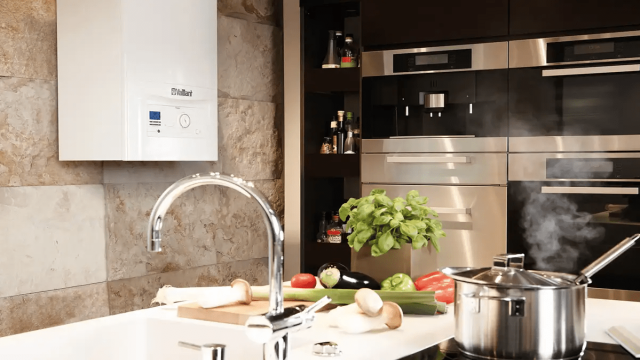Definition of a boiler flue What is a Boiler Flue?
A boiler flue is an essential part of your home heating system. It is a pipe that carries exhaust gases produced by a boiler outside the home and releases them safely into the atmosphere.
Through a pipe, the combustion gases produced by your boiler get carried away. These gases, including carbon dioxide and water vapour, are a byproduct of the heating process. The flue directs these gases outside, preventing them from entering your home and ensuring your heating system works efficiently.
The boiler flue is also responsible for bringing fresh air into the system, which is crucial for the combustion process. If this process is interrupted or faulty, the boiler can’t run effectively and can pose serious risks.




